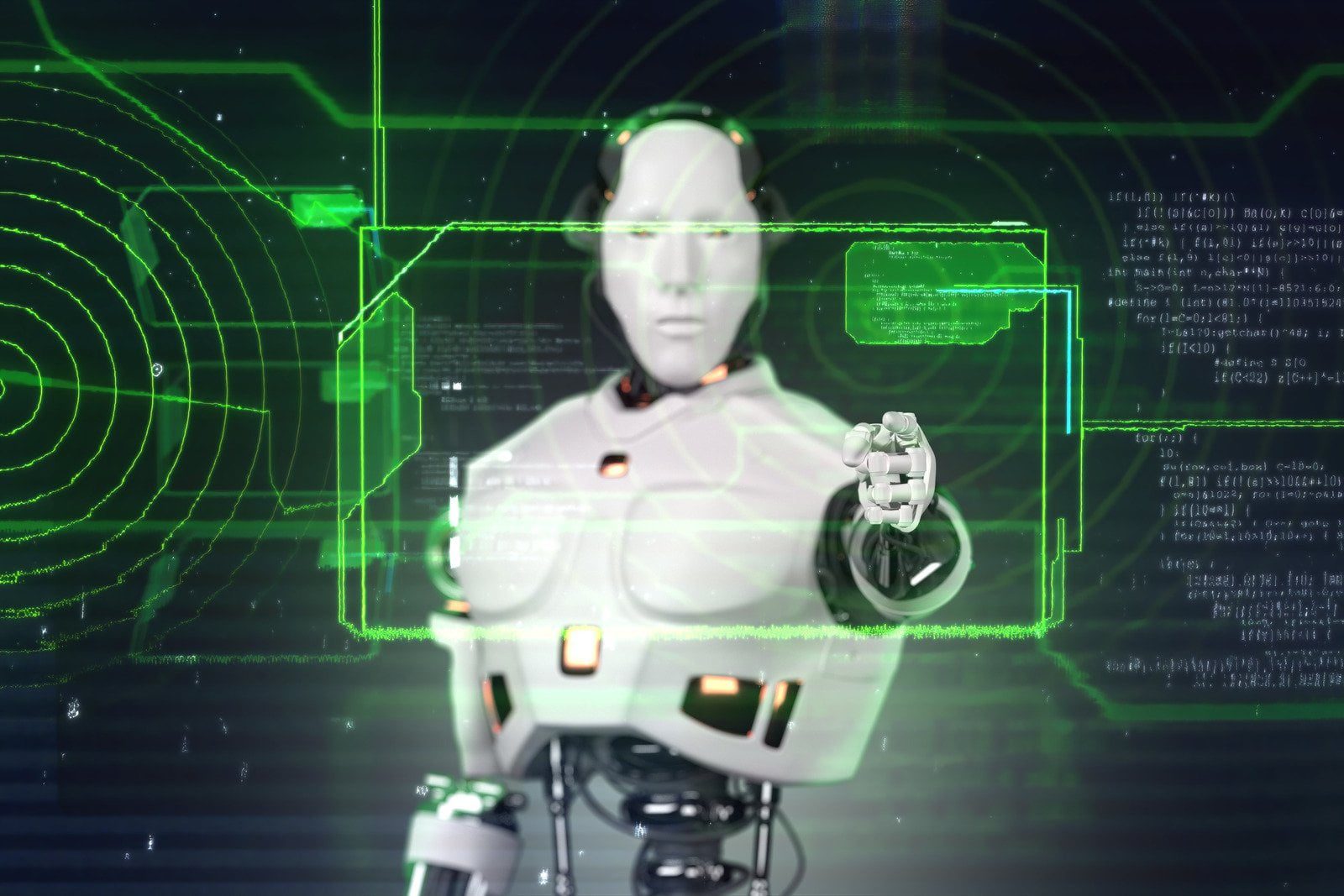Welcome, tech enthusiasts! Get ready to dive into a world where artificial intelligence, virtual reality, 5G technology, self-driving cars, and blockchain are shaping the future. Join us on this exciting journey as we explore the latest developments that are revolutionizing industries and transforming our daily lives. Let’s unravel the mysteries of innovation together!
The rise of artificial intelligence and machine learning
Artificial intelligence (AI) and machine learning are no longer just buzzwords; they are the driving forces behind groundbreaking technological advancements. AI enables machines to learn from data, recognize patterns, and make decisions with minimal human intervention. From virtual assistants like Siri and Alexa to predictive algorithms in healthcare and finance, AI is reshaping how we interact with technology.
Machine learning takes AI a step further by allowing systems to improve their performance without being explicitly programmed. Through complex algorithms, machines can analyze vast amounts of data at lightning speed, uncovering insights that were previously unimaginable. This transformative technology is being applied across various industries, streamlining processes and enhancing efficiency.
As AI continues to evolve rapidly, its potential for innovation seems limitless. The rise of artificial intelligence has paved the way for smarter technologies that have the power to revolutionize our world as we know it.
Exploring virtual and augmented reality technologies
Imagine being transported to a whole new world without leaving your room. Virtual reality (VR) and augmented reality (AR) technologies have revolutionized the way we interact with our surroundings. VR immerses users into a computer-generated environment, while AR overlays digital content onto the real world.
With VR headsets like Oculus Rift and HTC Vive, users can explore fantasy realms, experience thrilling adventures, or even attend virtual concerts from the comfort of their homes. On the other hand, AR apps like Pokémon GO blend virtual creatures into our physical environment using smartphones or smart glasses.
These technologies are not limited to entertainment but also find applications in education, training simulations, healthcare visualization, and architecture. As advancements continue to push boundaries in this field, the possibilities seem endless for how VR and AR will shape our future experiences.
The impact of 5G technology on our daily lives
Imagine a world where your favorite TV show streams seamlessly without buffering, where video calls are crystal clear without any lag, and where downloading large files takes seconds instead of minutes. That’s the promise of 5G technology – the fifth generation of wireless networks that is set to revolutionize how we connect and communicate.
With speeds up to 100 times faster than current 4G networks, 5G will not only enhance our entertainment experiences but also enable advancements in fields like healthcare, transportation, and smart cities. From enabling real-time remote surgeries to powering autonomous vehicles with lightning-fast data transfer, the possibilities are endless.
Moreover, 5G’s low latency will pave the way for innovations like augmented reality gaming and immersive virtual experiences. Picture walking through a museum from the comfort of your home or collaborating with colleagues in a lifelike virtual workspace – all made possible by the capabilities of 5G technology.
As this next-generation network continues to roll out globally, it’s exciting to think about how it will reshape our daily lives and unlock new opportunities we never thought possible.
The future of transportation: self-driving cars and hyperloop systems
The future of transportation is looking brighter than ever with the advancements in self-driving cars and hyperloop systems. Imagine cruising down the road without having to touch the steering wheel – that’s the promise of autonomous vehicles. These cutting-edge cars use artificial intelligence to navigate roads, making travel safer and more efficient.
On the other hand, hyperloop systems are revolutionizing long-distance travel by propelling passengers through low-pressure tubes at high speeds. This innovative mode of transportation could drastically reduce travel times between cities, creating a whole new era of interconnectedness.
With self-driving cars and hyperloop systems on the horizon, we’re on the brink of a transportation revolution that will reshape how we move from place to place. Exciting times lie ahead as technology continues to push boundaries and transform our daily lives.
How blockchain is revolutionizing industries such as finance, healthcare, and supply chain management
Blockchain technology has been making waves across various industries, from finance to healthcare and supply chain management. Its decentralized nature allows for secure and transparent transactions without the need for intermediaries. In finance, blockchain is transforming how payments are processed, reducing fees and increasing transaction speeds.
In healthcare, blockchain ensures the integrity of patient data by providing a tamper-proof record of medical history. This technology enables seamless sharing of information between healthcare providers while maintaining patient privacy and security. Supply chain management benefits from blockchain’s ability to track product provenance, ensuring authenticity and quality throughout the entire supply chain process.
With its potential to streamline operations and increase transparency, blockchain is poised to revolutionize traditional industry practices in multiple sectors.
Ethical concerns surrounding these developments
As we dive deeper into the exciting developments in technology, it’s crucial to address the ethical concerns that come hand in hand with these advancements. The rise of artificial intelligence and machine learning raises questions about data privacy and algorithm biases. Exploring virtual and augmented reality technologies brings up issues regarding addiction, misinformation, and invasion of personal space.
The impact of 5G technology on our daily lives sparks debates on electromagnetic radiation exposure and cybersecurity vulnerabilities. The future of transportation with self-driving cars and hyperloop systems introduces challenges around safety regulations, job displacement, and societal acceptance.
Furthermore, blockchain revolutionizing industries like finance, healthcare, and supply chain management confronts us with dilemmas related to transparency, security breaches, and environmental impacts. As we embrace these transformative technologies, it’s essential to proactively address these ethical concerns through open dialogue, responsible innovation practices, and regulatory frameworks that prioritize human well-being above all else. Let’s continue pushing boundaries while ensuring a more sustainable and ethically sound future for generations to come.
















